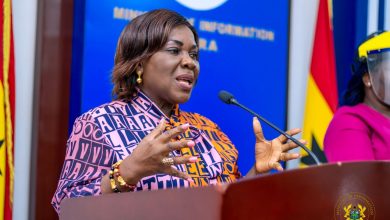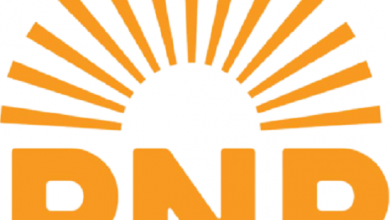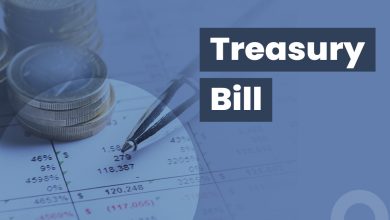
Ghana is ramping up domestic resource mobilisation and exploring innovative health financing models to shield its health system from external aid volatility, Deputy Finance Minister Thomas Nyarko Ampem told a high-level panel at the 78th World Health Assembly in Geneva.
Speaking at a side event on “Navigating a New Era of Global and Domestic Health Financing,” Mr Ampem said the government is redirecting resources, deepening partnerships with the private sector, and introducing structural fiscal reforms to fund health services as donor funding continues to decline.
“External aid is no longer a reliable solution,” Mr Ampem said. “We must prioritise prevention, repurpose budgets, and unlock new investment through good governance and innovation.”
Ghana’s response comes amid growing concern across the continent over waning donor support and widening health financing gaps. The World Bank estimates that Africa’s health spending per capita remains significantly lower than in other regions, averaging just US$47 compared to more than US$4,000 in high-income countries.
Mr Ampem emphasised the need to reorient policy around primary health care and preventive services. Since January 2025, the government has expanded access to clean water, sanitation, nutritious food and immunisation — foundational measures he said are more cost-effective than treating diseases.
In a bid to stretch health funding, the government has also moved to fully allocate National Health Insurance Levy (NHIL) funds for their intended purpose. This year’s budget increases National Health Insurance Scheme (NHIS) funding to GH¢9.8 billion from GH¢5.9 billion in 2024 — a 66% increase. Over the medium term, Ghana plans to commit GH¢49.3 billion to the NHIS, a significant rise from the GH¢13.2 billion allocated between 2021 and 2024.
That fiscal commitment is being tested by shifting geopolitical and economic dynamics. Ghana is grappling with the fallout from the abrupt withdrawal of US$78 million in USAID health support, which had funded malaria, HIV/AIDS and child health programmes. To mitigate the disruption, the country partnered with drone logistics firm Zipline to deliver medical supplies without increasing public spending.
“Being responsive to change is critical,” Mr Ampem said. “We leveraged technology and logistics to close urgent supply gaps and maintain continuity of care.”
In the longer term, Ghana is seeking to bolster domestic tax revenues — which in sub-Saharan Africa average just 13% of GDP — through digitalised administration, curbing leakages and widening the tax base. It is also encouraging private sector participation through public-private partnership (PPP) frameworks.
A new Ghana Medical Trust Fund — dubbed MAHAMACARES — has been launched to finance treatment for non-communicable diseases not covered under the NHIS and to attract private and philanthropic capital for health infrastructure and research.
However, the Deputy Minister cautioned that attracting private investment depends on improving governance and macroeconomic stability. Nearly half of Africa’s population now lives in countries where governance has worsened over the past decade, according to the 2024 Mo Ibrahim Index.
“Without fiscal discipline, we cannot build the systems that attract long-term investment,” he said.
As Africa’s population and strategic importance grow, Mr Ampem said now is the time for the continent to translate its vision of health self-reliance into durable outcomes.
“We must move with urgency, unity and foresight,” he said. “This is our opportunity to build resilient health systems for the future.”
Source: Ministry of Finance





